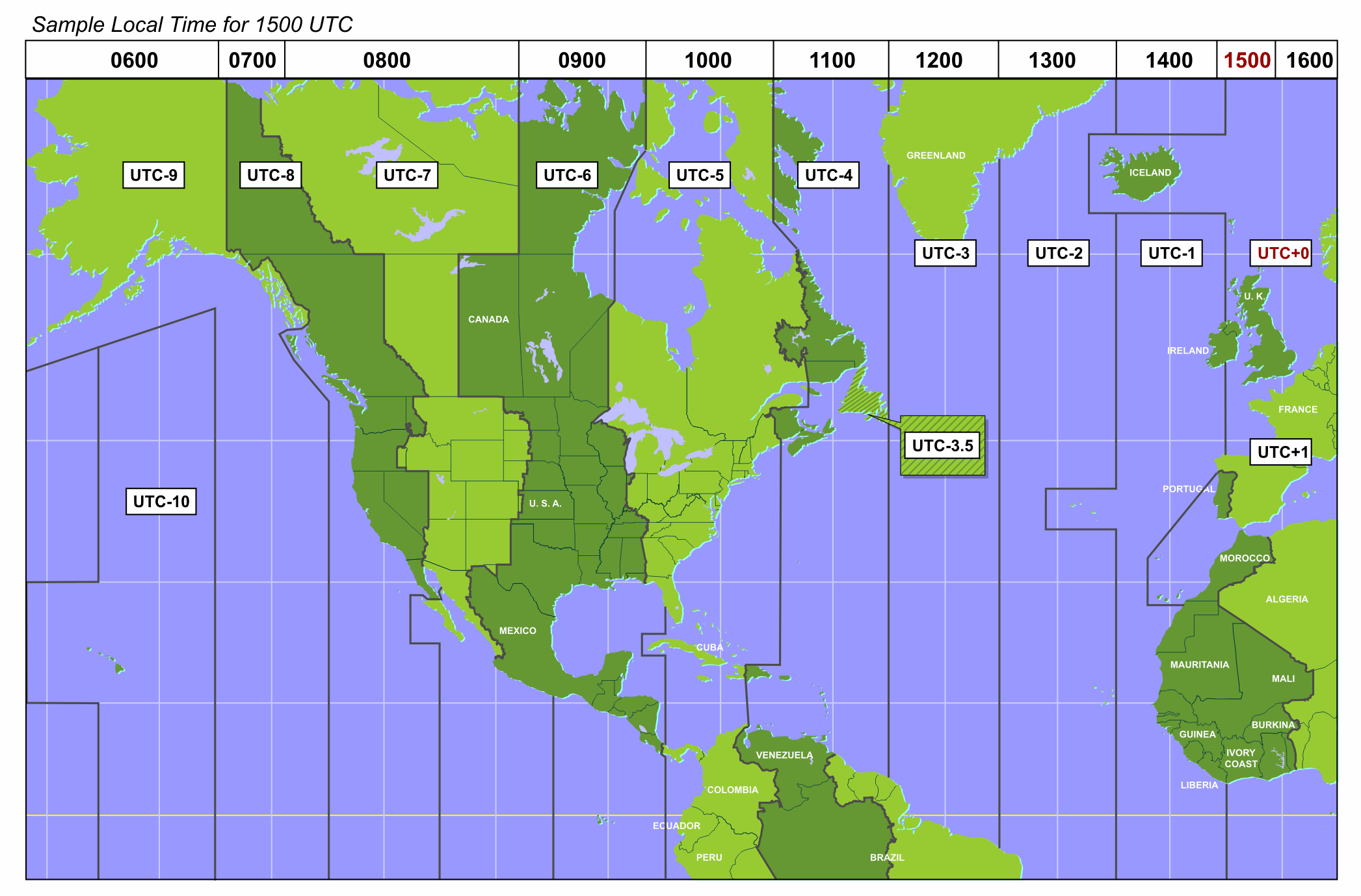Are you often confused about the time zones in the United States, especially when converting 7 PM PST to EST? This article will guide you through the complexities of time zones, focusing on the conversion between Pacific Standard Time (PST) and Eastern Standard Time (EST). Understanding these conversions is crucial for anyone who works across different regions, travels frequently, or simply wants to stay connected with friends and family across the country.
In this comprehensive guide, we will explore the differences between PST and EST, provide a clear conversion for 7 PM PST to EST, and discuss the significance of these time zones in various contexts. Furthermore, we will touch upon how Daylight Saving Time affects these conversions and why knowing the time difference matters in everyday life.
By the end of this article, you will have a clear understanding of how to convert 7 PM PST to EST, alongside practical tips and tools to help you manage your time effectively. Let’s dive in!
Table of Contents
- Understanding Time Zones
- PST vs EST: A Closer Look
- Conversion of 7 PM PST to EST
- Impact of Daylight Saving Time
- Importance of Time Zone Conversions
- Tools for Time Conversion
- Practical Applications of Knowing Time Zones
- Conclusion
Understanding Time Zones
Time zones are regions of the Earth that have the same standard time. They are crucial for coordinating activities across different geographical areas. The United States has several time zones, with Pacific Standard Time (PST) and Eastern Standard Time (EST) being two of the most significant.
What is PST?
PST is 8 hours behind Coordinated Universal Time (UTC-8). It is observed during standard time in the west coast states, including California, Washington, and Oregon.
What is EST?
EST is 5 hours behind Coordinated Universal Time (UTC-5). It is used during standard time in the eastern part of the United States, including states like New York, Florida, and Massachusetts.
PST vs EST: A Closer Look
The key difference between PST and EST is the time offset. When it is 7 PM PST, it is important to understand how this translates to EST.
- PST (Pacific Standard Time): UTC-8
- EST (Eastern Standard Time): UTC-5
This means there is a 3-hour difference between the two time zones. Therefore, when it is 7 PM PST, you will need to add 3 hours to convert it to EST.
Conversion of 7 PM PST to EST
To convert 7 PM PST to EST, simply add 3 hours:
- 7 PM PST + 3 hours = 10 PM EST
So, when it is 7 PM in Pacific Standard Time, it is 10 PM in Eastern Standard Time.
Impact of Daylight Saving Time
Daylight Saving Time (DST) can complicate things further. Both PST and EST observe DST, changing to Pacific Daylight Time (PDT) and Eastern Daylight Time (EDT), respectively.
- PDT: UTC-7 (from the second Sunday in March to the first Sunday in November)
- EDT: UTC-4 (from the second Sunday in March to the first Sunday in November)
During DST, the time difference becomes 3 hours as well. So, 7 PM PDT would also convert to 10 PM EDT.
Importance of Time Zone Conversions
Understanding time zone conversions is essential for various reasons:
- Scheduling meetings or events across different regions.
- Traveling and booking flights.
- Staying connected with friends and family across the country.
- Participating in online events or webinars that are scheduled in different time zones.
Tools for Time Conversion
There are several tools and resources available to help with time zone conversions:
- World Clock: A reliable tool to view the current time in various locations.
- Time Zone Converter: Websites and apps that allow you to input a specific time in one zone and convert it to another.
- Smartphone Apps: Many smartphones have built-in world clock features that make conversions easy.
Practical Applications of Knowing Time Zones
Knowing how to convert 7 PM PST to EST has practical applications:
- Business meetings with teams in different states.
- Planning family gatherings or virtual events.
- Travel itineraries that involve crossing time zones.
Conclusion
In summary, converting 7 PM PST to EST involves adding 3 hours to arrive at 10 PM EST. Understanding these time zone differences is crucial for effective communication, scheduling, and planning across the United States. Whether you are a business professional, a traveler, or someone who wants to connect with loved ones, being aware of time zones is essential.
If you found this article helpful, please leave a comment below or share it with others who might benefit from understanding time zone conversions. Don’t forget to check out our other articles for more insights on related topics!
Thank you for reading, and we hope to see you back on our site soon!




